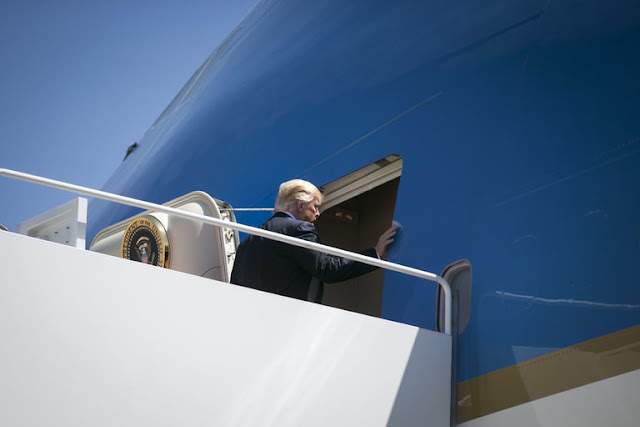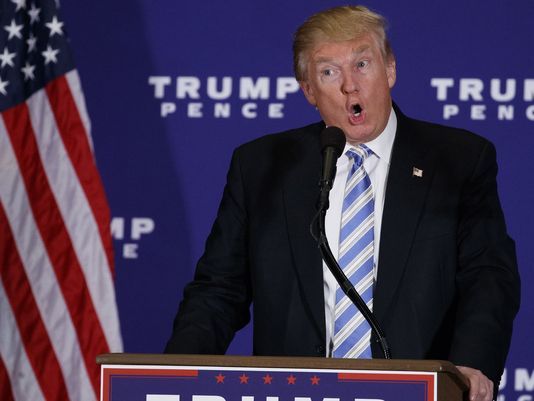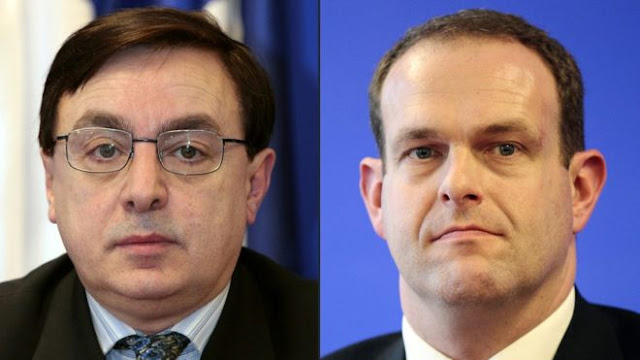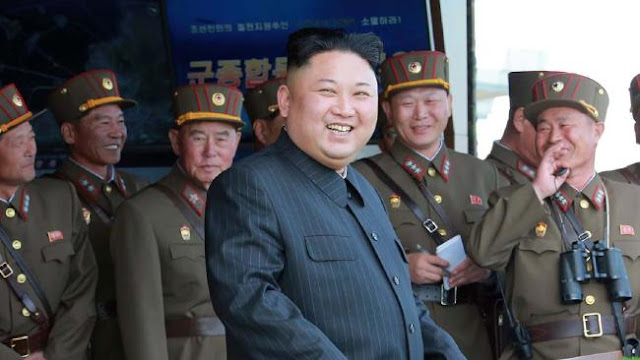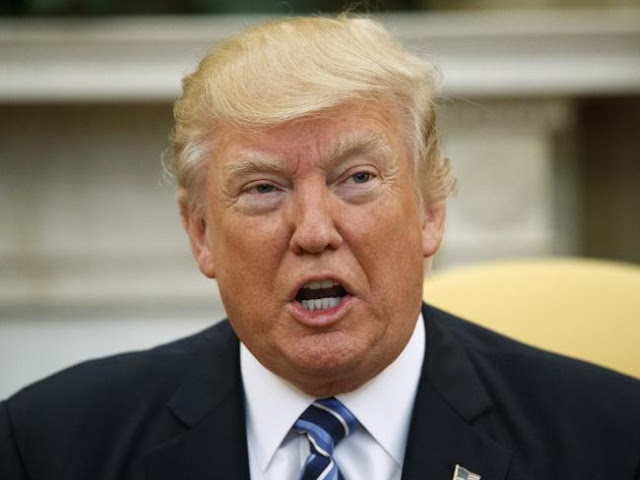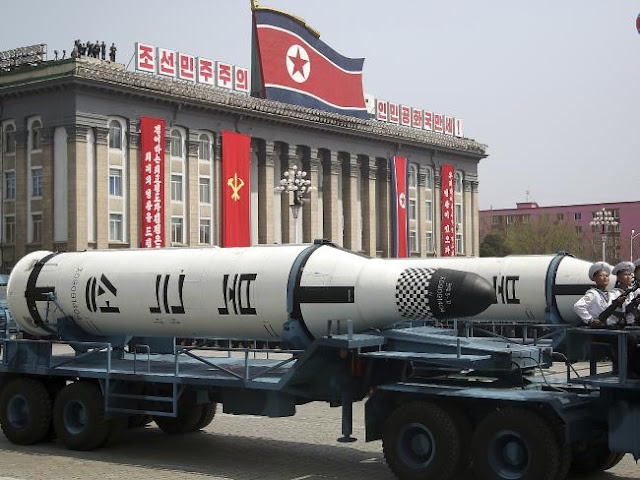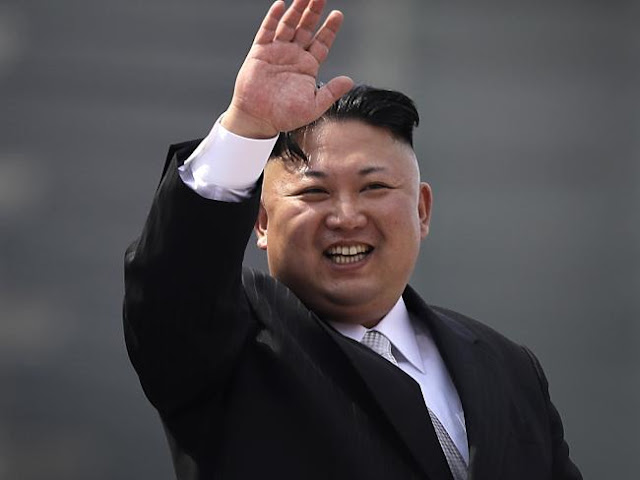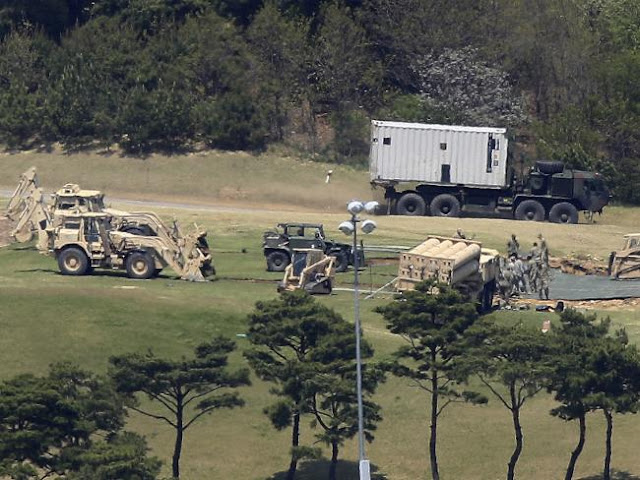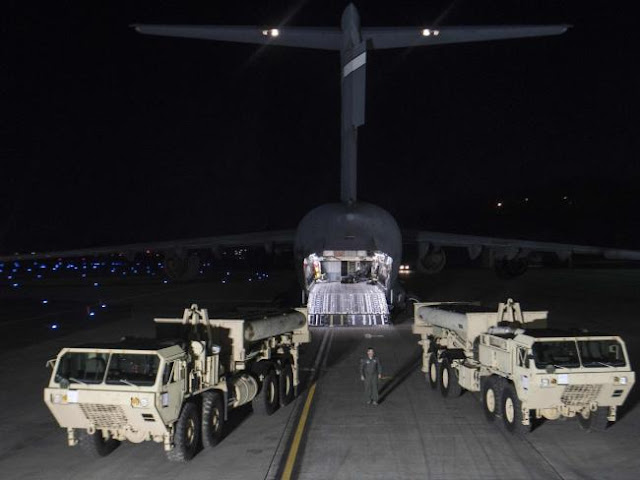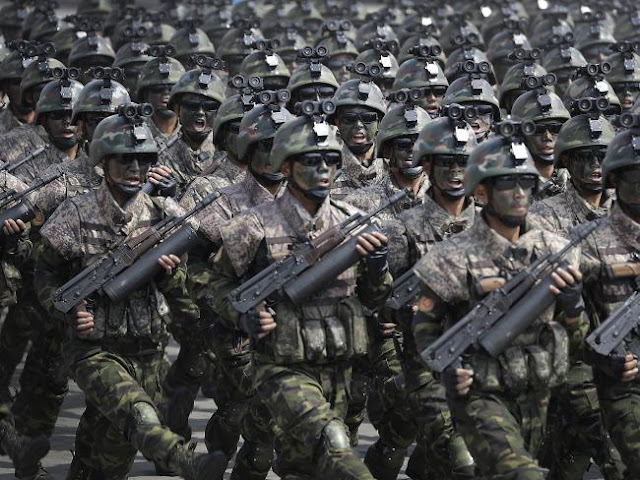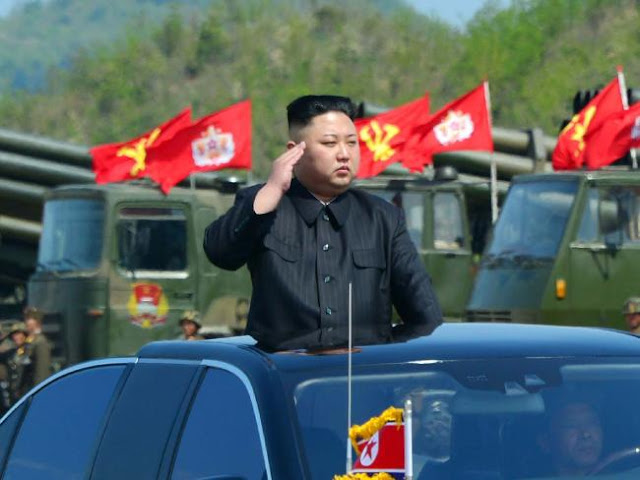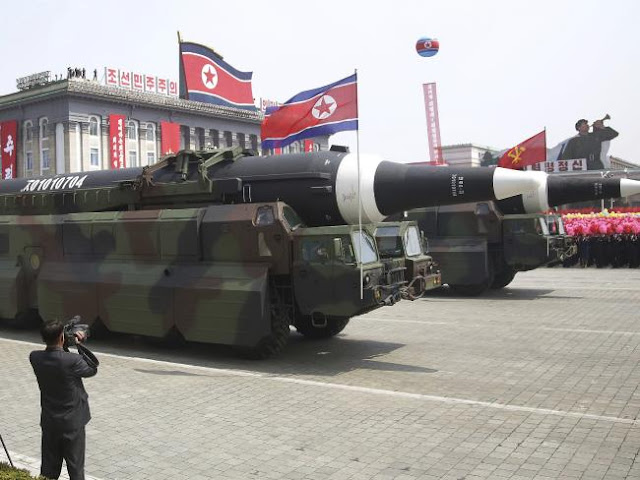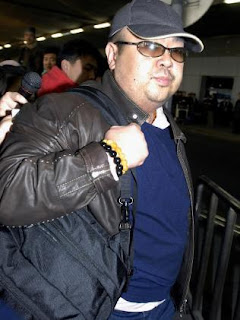‘I’ll do whatever it takes’: Kate McCann tells of heartache ahead of Madeleine McCann’s birthday
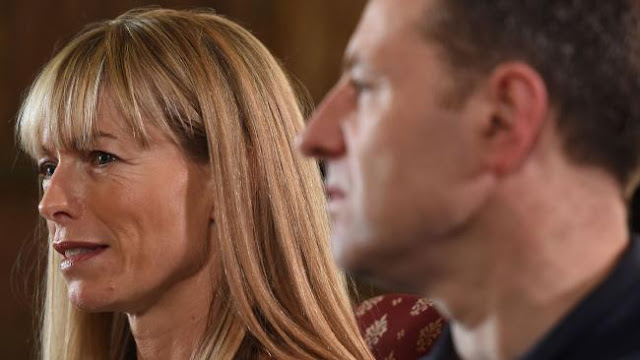 |
| ‘A new normality’, Kate and GerryMcCann, whose daughter Madeleine disappeared from a holiday flat in Portugal ten years ago, are seen during an interview with the BBC. Picture: AFP |
DEFIANT Kate McCann has said her hope of finding missing daughter Madeleine alive will never fade — as she vowed to still buy her a present for her 14th birthday.
The brave mum has poured her heart out in an interview to mark the agonising ten-year anniversary of Maddie’s disappearance in Praia da Luz in Portugal.
Heartbroken Kate revealed she still buys birthday and Christmas presents for Maddie, which she keeps in her pink bedroom in the hope her daughter will one day be back to open them.
And she admitted she is going to buy Maddie a present for her 14th birthday on May 12, The Sun reports.
She said: “I think about what age she is and that, whenever we find her, will it still be appropriate so there’s a lot of thought goes into it.”
She explained: “My hope for Madeleine being out there is no less than it was almost 10 years ago.”
Kate, 49, added: “We never thought we’d be in this situation so far along the line.”
The heartbroken mum refers to the milestone date on Wednesday as “a horrible marker of stolen time” because we “should have been a family of five for all that time”.
 |
Madeleine McCann went missing in May 2007. Picture: APSource:AP
|
The couple were dining with pals at the time in a nearby tapas restaurant.
Gerry said: “We really threw ourselves into trying to do everything we could to help find her.
“It looks like that hasn’t worked yet.”
But he insisted: “We’re still looking forward, I think that’s the most important thing, we still hope.”
Kate said the family kept a busy life as a way of a coping mechanism and admitted: “Sometimes it’s almost a little bit too frenetic but it keeps us going.”
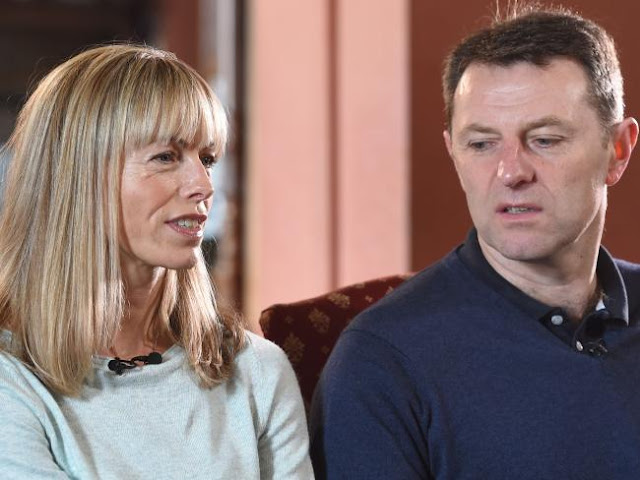 |
Gerry McCann said the past decade has been ‘devastating’. Picture: AFPSource:AFP
|
“Some of that is subconscious I think.
“Your mind and body just take over to a certain extent.
“But if you can’t change something immediately you have to go with it and do the best that you can.”
Gerry told how life over the past five years had taken on “a new normality really”, and said that since the Met Police came on board six years ago it has “taken a huge pressure off us, individually and as a family.”
He added: “After the initial Portuguese investigation closed, essentially, no-one, no-one else was actually doing anything proactively to try and find Madeleine.
“And I think every parent could understand that what you want and what we have aspired to is to have all the reasonable lines of inquiry followed to a logical conclusion.”
The Met Police said this week they are still pursuing “critical” leads to trace her kidnappers — but admitted they have no evidence as to whether she is alive or dead.

